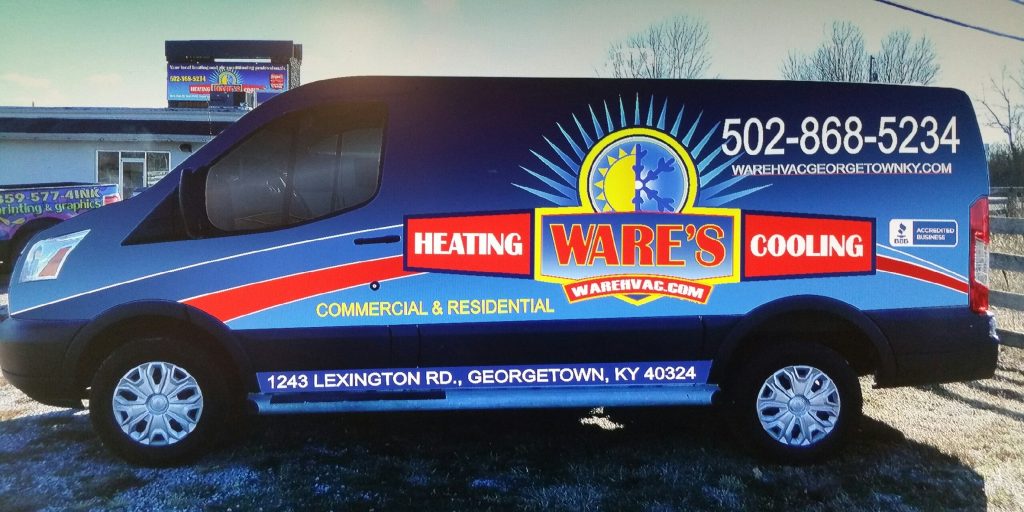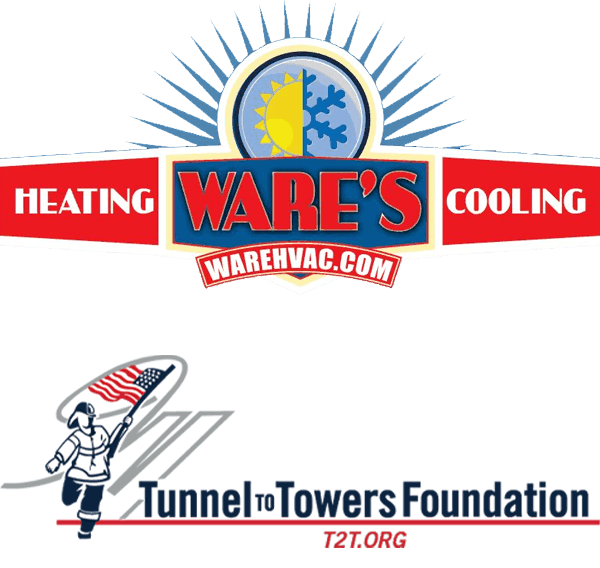When the winter chill settles in, the comfort of a working furnace becomes indispensable. In Frankfort, KY, where winters can be cold and unpredictable, a functioning heating system is a vital part of keeping your home warm and cozy. But what happens if your furnace suddenly stops working when the temperature drops, and you find yourself in the midst of an unexpected cold snap? The situation can be stressful, but don’t panic. There are steps you can take to troubleshoot the issue before calling a professional. In this blog post, we’ll walk you through what to do if your furnace stops working in the middle of winter in Frankfort, KY.
The Importance of Your Furnace in Winter
Before diving into the steps to take when your furnace quits working, it’s essential to understand just how important this system is during the winter months. Frankfort, KY, experiences cold winters, with temperatures often dipping below freezing. In fact, the average low temperature in January is 24°F, with occasional cold spells pushing the mercury even lower. During these freezing temperatures, your furnace works overtime to keep your home comfortable and safe.
A furnace breakdown during these cold conditions can lead to more than just discomfort—it can cause potential risks like frozen pipes, water damage, and even health hazards due to prolonged exposure to extreme cold. That’s why it’s so important to act quickly if your furnace isn’t working as it should.
Step 1: Check the Thermostat
When your furnace stops working, the first place to look is your thermostat. It might seem like an obvious first step, but many homeowners overlook it. Here’s what to do:
Ensure the Thermostat is Set to Heat
Check that your thermostat is set to the “heat” setting. It sounds simple, but it’s easy to accidentally set the thermostat to “cool” during the transitional seasons, especially if your thermostat is digital and the settings are less obvious. Make sure the temperature setting is higher than the current room temperature to trigger the furnace to kick on.
Replace the Batteries
If your thermostat is battery-powered, it might simply need a fresh set of batteries. A weak battery can cause the thermostat to malfunction, preventing it from properly sending signals to your furnace. Try replacing the batteries and see if that resolves the issue.
Adjust the Temperature
If your thermostat seems to be working but the furnace still isn’t running, try adjusting the temperature by a few degrees higher than what you had it set to. Sometimes, a slight nudge can get the furnace to start working again.
Step 2: Inspect the Furnace’s Power Source
If the thermostat checks out, the next step is to verify that the furnace is getting power. Here are some things to check:
Check the Circuit Breaker
The furnace might have tripped the circuit breaker. This is more common than you might think. If the breaker has flipped off, your furnace won’t receive power. Go to your electrical panel and locate the breaker connected to the furnace. If it’s in the “off” position, flip it back to “on” and see if the furnace starts running again.
Check the Furnace’s Power Switch
Many furnaces have a power switch located near the unit, often on the side or near the door. Make sure this switch is in the “on” position. Sometimes, the switch gets accidentally turned off, cutting the power to the furnace.
Step 3: Inspect the Air Filter
A clogged air filter can cause your furnace to overheat and shut down. Not only does this prevent proper airflow, but it can also lead to more severe issues if left unchecked. Here’s what to do:
Replace or Clean the Filter
If it’s been a while since you replaced or cleaned the filter, it’s time to do so. A dirty air filter restricts airflow, causing the furnace to work harder and eventually stop working. Depending on your furnace model, you may be able to simply replace the filter, or you might need to clean it if it’s reusable.
Consider the Filter’s MERV Rating
Air filters come with different Minimum Efficiency Reporting Values (MERV ratings), which indicate how effectively they filter the air. If you have a high MERV-rated filter in your furnace, it may be too restrictive for your unit. Consider using a filter with a lower MERV rating that allows better airflow while still maintaining air quality.
Step 4: Check for a Pilot Light or Ignition Issues
If your furnace has a standing pilot light, check to see if it’s still lit. If the pilot light is out, this could be the reason why your furnace isn’t working.
Relight the Pilot Light
If you find that the pilot light is out, follow the manufacturer’s instructions to safely relight it. Be sure to wait for any gas to dissipate before attempting to relight the pilot. If you’re not comfortable doing this yourself, don’t hesitate to call a professional to avoid any risk of gas leaks.
Check the Ignition System
For modern furnaces, the pilot light may have been replaced with an electronic ignition system. If this is the case, the ignition may not be functioning properly. A professional HVAC technician can troubleshoot and fix ignition system issues.
Step 5: Look for Error Codes or Warning Lights
Some modern furnaces come with diagnostic lights that flash a specific pattern when something is wrong. These codes can provide insight into what’s causing the issue. For example:
- One flash could indicate a low voltage or power issue.
- Two flashes might signal a pressure switch issue.
- Three flashes often point to a flame sensor problem.
Check the furnace’s user manual to see what the diagnostic codes mean for your particular model.
Step 6: Consider a Gas Supply Issue
If you’ve ruled out the power and filter issues, your furnace might not be getting enough gas to function properly. Here’s how to check:
Check the Gas Valve
Ensure that the gas valve to your furnace is fully open. If the valve is off, your furnace won’t receive gas, and it won’t work. If the valve is open, but you still suspect a gas issue, it’s best to call a professional to investigate further.
Check for Gas Supply Issues
If your furnace is running on natural gas, there may be an issue with the gas supply to your home. Contact your gas company to verify that there are no interruptions in service, especially during extreme weather conditions.
Step 7: Call a Professional HVAC Technician
If you’ve gone through all of these steps and your furnace is still not working, it’s time to call a professional. Furnace repairs, particularly when it comes to issues like electrical problems, gas leaks, or a malfunctioning heat exchanger, should only be handled by a licensed HVAC technician.
For Heating Services in Frankfort, KY, Contact Ware’s Heating & Cooling Today
When your furnace stops working in the middle of winter in Frankfort, KY, it’s important to act quickly and efficiently. By following the steps above, you may be able to resolve the issue on your own. However, when in doubt, always reach out to the experts at Ware’s Heating & Cooling.
Our team of licensed professionals is here to ensure that your furnace is running smoothly, keeping your home comfortable no matter how low the temperatures drop outside. Don’t wait until it’s too late—contact Ware’s Heating & Cooling today for all your furnace repair and maintenance needs in Frankfort, KY. Our reliable, affordable, and prompt service will give you the peace of mind that your furnace is in good hands.
Call us today to schedule an appointment!



